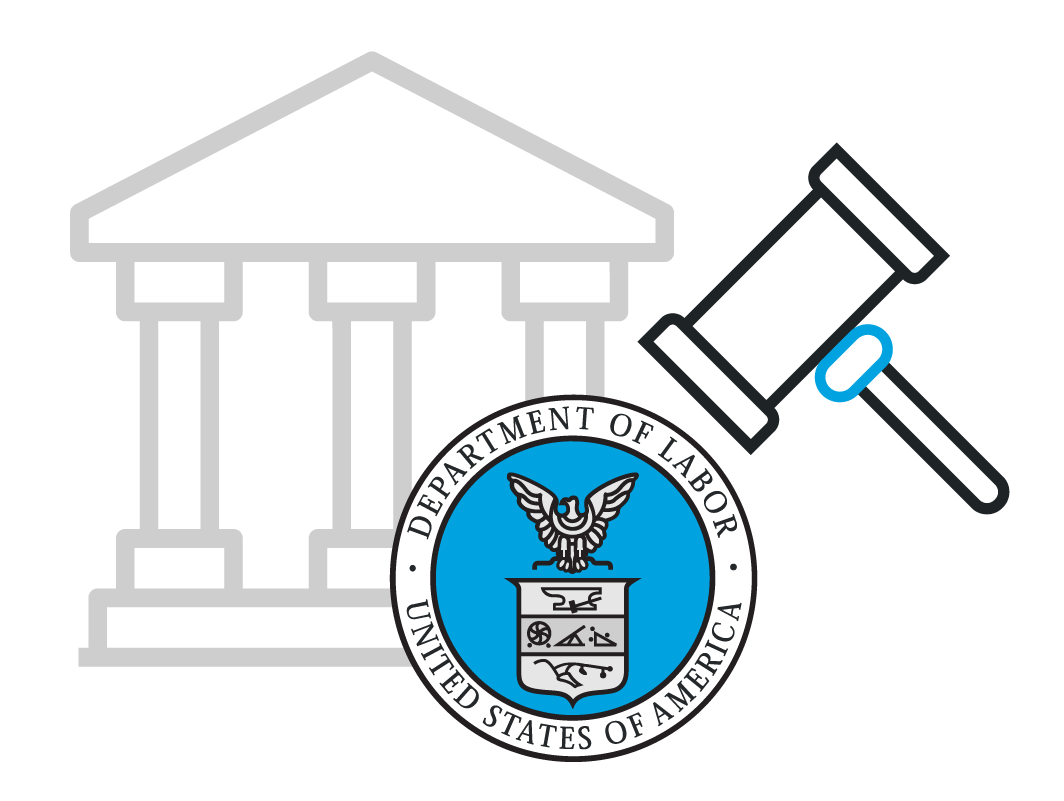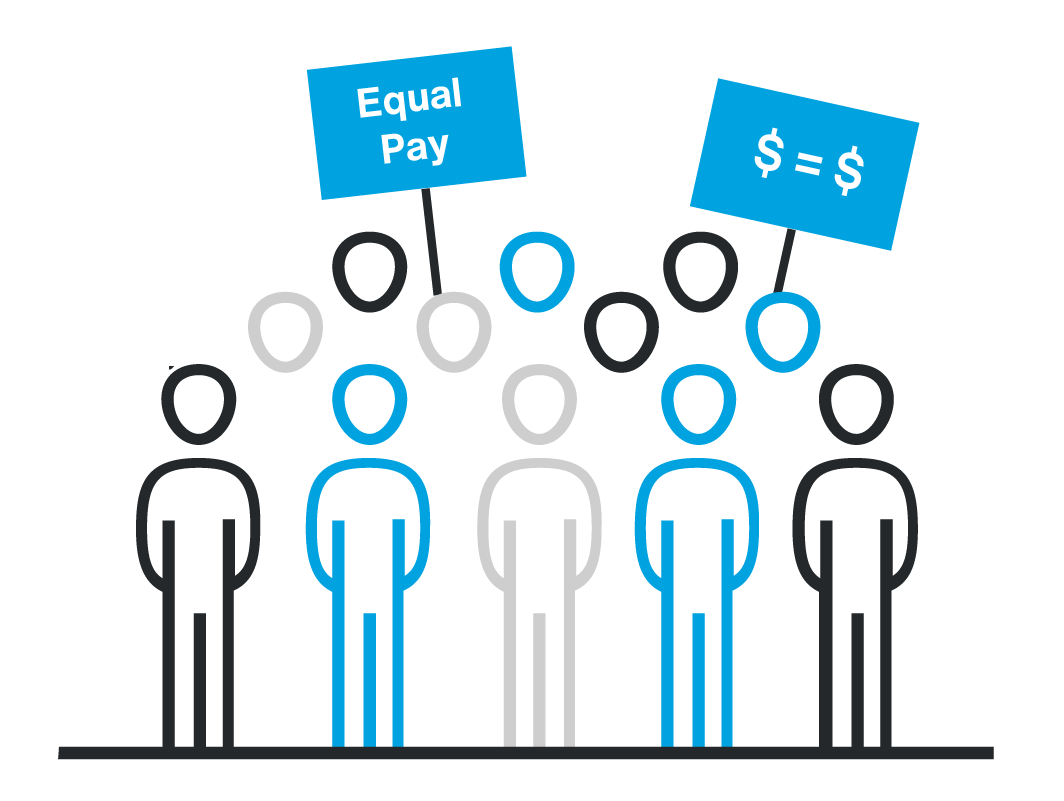U.K. Race and Ethnicity Pay Gap Reporting Obligation to Be Debated By Parliament

![]()
Effective 2017, the United Kingdom requires employers with over 250 employees to report on their gender pay gaps. While that obligation is currently suspended based on COVID-19, it is expected to return. Now, recent events have led to a platform for expanding that obligation to include race and ethnicity-based pay gaps.
According to a post by London-based People Management, in March of this year a petition was launched in the U.K. requiring employers of 250 or more employees to report on race and ethnicity-based pay gaps. Following the killing of George Floyd by a police officer in Minneapolis, the petition has gained serious momentum in efforts to address race and ethnicity-based pay inequality. In the UK, British citizens can petition their government to take action. Petitions with at least 10,000 signatures get a response from the government. Petitions with at least 100,000 signatures generate a debate in government. The “Introduce Mandatory Ethnicity Pay Gap Reporting” petition has so far garnered nearly 130,000 signatures.
The petition’s author, Rabya Aftab Lomas, stated that expanding the gender pay gap reporting obligation is necessary given the “lack of data available in gauging the ethnicity pay gap in the workplace. Introducing these measures will allow employers to be held accountable in closing the gap where there is a disparity.”
If the race and ethnicity-based pay gap reporting obligation is signed into law, employers will need to report on that pay data in addition to their gender pay gaps. Parliament will next set a date for the petition to be debated.
Already in the U.K. employers are required to publish their gender pay gap data in online reports. It presumed that if the petition creates new ethnic pay data reporting requirements, employers will need to adhere to requirements already in place for gender pay gap reporting, such as:
- Publishing 12-month snapshots on their websites displaying where they stand in providing pay to men and women;
- Including in said reports data points such as mean and median gender pay gap, mean and median gender bonus gap, and proportion of males and females receiving a bonus
Possible legislation in the U.K. begs the question; how could this legislation affect employers in the United States? In the same way the killing of George Floyd sparked action worldwide, new legislation coming into play overseas sets a precedent for achieving racial, ethnicity-based, and gender equality in US workplaces.
Already in the United States, states are expanding the definition of “protected class” and are banning employers from inquiring into prospective employees’ salary history. Other countries such as France, Spain, Canada, and Iceland are considering or have enacted legislation requiring different forms of gender pay data reporting.
If your business operates in the UK, or even if your business operates elsewhere, such as the United States, the race and ethnicity-based pay gap reporting petition is part of a trend which could reach the U.S. shores. All the more reason to consider a pay equity audit. A pay equity audit is a diagnosis of compensation risk areas based on a deep dive into payroll, HR, time/attendance and other data sources. Experts across the human capital, legal services, and business intelligence industries recommend a pay equity audit as a critical tool in an employer’s risk management tool belt. A pay equity audit provides actionable intelligence to be proactive in addressing internal inequities.
Not sure how to get started? Let Trusaic provide your organization with a free Pay Gap Analysis, which can be conducted confidentially.
Here is what you will get:
- 1-hour consultation to our pay equity team comprised of regulatory compliance experts and data scientists;
- Answers to your pay equity questions;
- A pay gap analysis of your workforce.



